Hello steemians and communities in general, already culminating the week long wishing you all and all the best positive vibes to move forward. In this opportunity I come to give you a little music, through a very peculiar instrument in Venezuela.
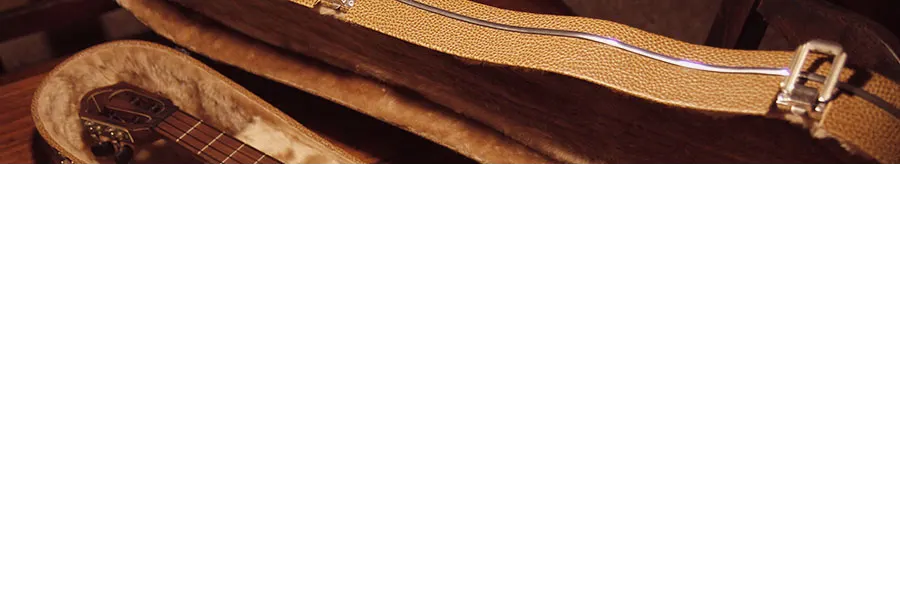
When we talk about this instrument, we will always be short, because there is no possibility of covering the whole extension of its past, of following each of the threads that link it with the different races and cultures that intervened in the formation of the country. As old as Venezuela itself, where so many roots have emanated that it has become a National Heritage, its history begins then, where the renaissance guitar finishes.
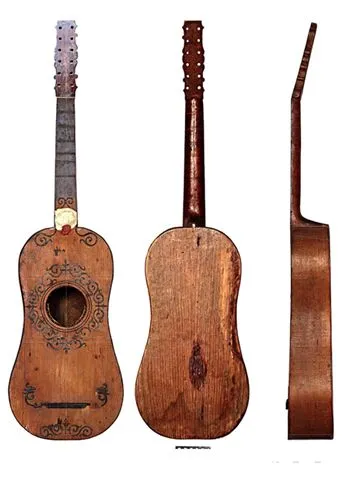
This instrument has spread throughout many parts of the world, an example of this is in Aruba where the anthem is played with this precious instrument. The kinship that the cuatro possesses is very frequent with other string instruments, such as the Charango, the Tres de Cuba or the Tiple in Colombia, it is the primordial base where most Venezuelan traditional genres are accentuated, in addition to 90% of Venezuelan music the rhythmic, harmonic, melodic and percussive base is present in the cuatro.
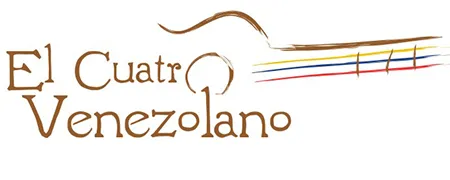
The performers of this instrument as soloists, always have to explore about improvisation, the evolution of Venezuelan music, as they come across an instrument that is willing to offer authentic sounds, new sounds, contemporary sounds at an advanced level, to the point of imagining it as the instrument of the future.
Being an indispensable instrument for Venezuelan music, it takes on the obligation to cope with a main scene, becomes a solo instrument capable of speaking on its own, thus becoming the main instrument in any scene of Venezuelan musicality.
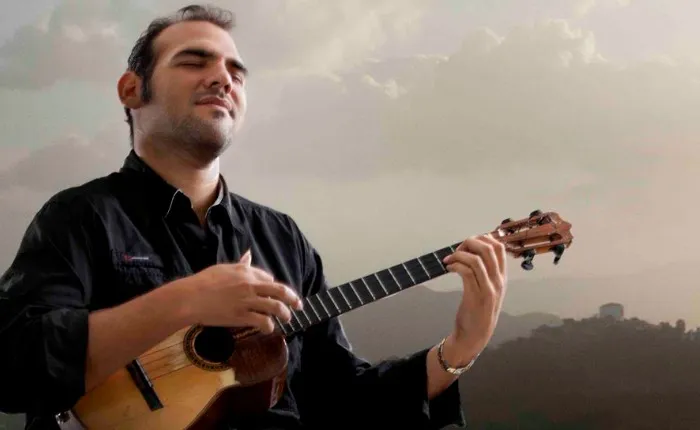
The cuatro as musical fusion
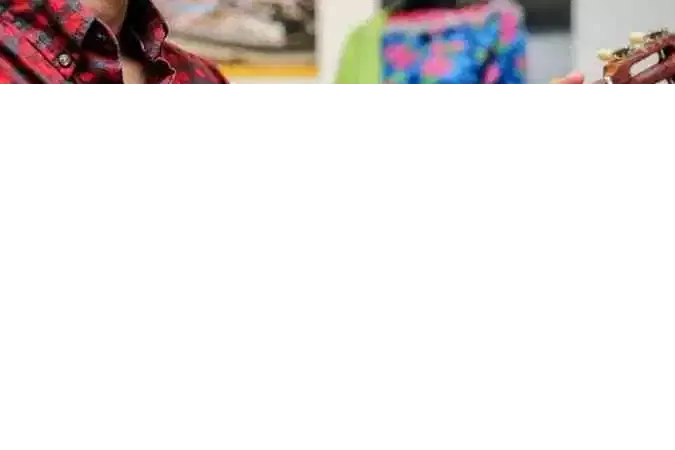
The cuatrista determines, acts, proposes and is always maintaining the harmony within the musicians, because it is in the middle of the sounds of the traditional music of Venezuela; a very significant example of these sounds is in the middle of a bag Zuliana, if the four does not start can not be bagpipes, the same happens with the llanera music if the cuatro is not present in this genre can not be given the musicality you want to transmit.
The inclusion of the Venezuelan Cuatro in schools and in education
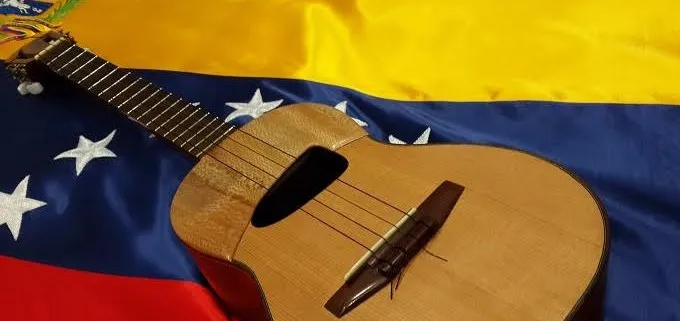
In Venezuela since 2004, an initiative emerged from the teacher Cheo Hurtado, which he named The Sowing of Cuatro, an initiative that was born to strengthen knowledge and dissemination in the country for the training of new cuatristas and provide permanence over time. our four Venezuelan. The idea is strengthened in the way of inserting in the Venezuelan education everything related to the Four in all its levels, serving as support to facilitate the musical teaching by all the participants that support this important project, in turn creating schools of trainers or instructors to systematize the instrument in classrooms and find initial methods to put into practice all the necessary knowledge.